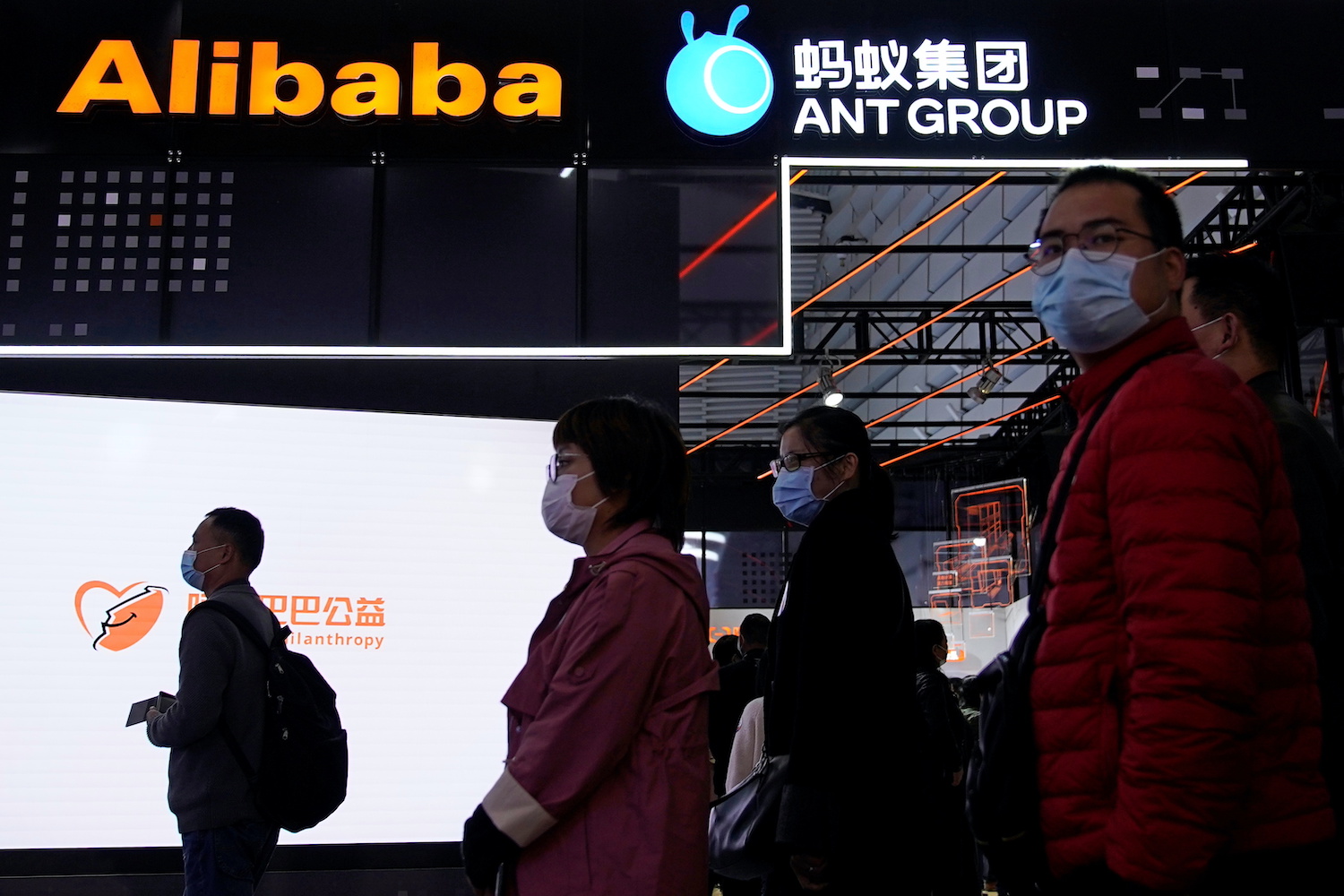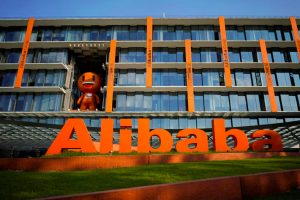(ATF) China’s market regulator announced on Thursday it had launched an antitrust investigation into whether e-commerce giant Alibaba Group has engaged in monopolistic behaviour.
The State Administration of Market Regulation (SAMR) issued a brief statement, saying it would probe the online retailer’s “suspected monopolistic conduct” such as “picking one over another”, a term referring to Alibaba’s alleged practice of forcing merchants to sell exclusively on its platform.
The regulator said it began the Alibaba investigation after complaints were received. If the charges were proved, Alibaba could be a fined up to 10% of its previous year’s sales.
In a related development, financial regulators said they would summon Alibaba unit Ant Group for discussions over supervision and competition.
Alibaba’s Hong Kong-listed shares fell as much as 8.7% in late-morning trading on Thursday, lopping $60 billion off the company’s market capitalisation.
In summoning Ant Group, the People’s Bank of China said in a statement that the meetings would be used to “guide Ant Group to implement financial supervision, fair competition and protect the legitimate rights and interests of consumers”.
The scheduled discussions come just weeks after China’s securities regulator cancelled Ant’s planned $37 billion initial public offering two days before shares were due to begin trading in Shanghai and Hong Kong.
“The People’s Bank of China, China Banking Regulatory Commission, China Securities Regulatory Commission, and State Administration of Foreign Exchange will meet with Ant Group in the near future to supervise and guide Ant Group in accordance with the principles of the market and rule of law,” the central bank said.
Greater oversight
The moves follow China’s increasing scrutiny of powerful Internet companies. Last week regulators warned the country’s internet giants they would not tolerate monopolistic practices as they slapped fines and announced probes into deals involving Alibaba Group, as well as Tencent Holdings.
The agency fined Alibaba, Tencent-backed China Literature and Shenzhen Hive Box 500,000 yuan ($76,464) each, the maximum under a 2008 anti-monopoly law, for not reporting past deals properly for anti-monopoly reviews.
“The internet industry is not outside the oversight of anti-monopoly law,” it warned in a separate statement.
This was the first time that Beijing had fined an internet company for violating the 2008 anti-monopoly law for deals that were not properly reported, which should have been vetted by officials.
The latest Alibaba investigation is a landmark event for SAMR, which was established only in 2018. It combined the responsibilities previously held by the State Administration for Industry and Commerce, the General Administration of Quality Supervision, Inspection and Quarantine, the Certification and Accreditation Administration, the Standardisation Administration of China and the China Food and Drug Administration.
“SAMR is the single most powerful market regulator to address the public’s ever-mounting concerns, including drug and food safety, protection of intellectual property and … comprehensive supervision and management of the market order,” Katherine Yang, a partner at the Ropes & Gray law firm in Shanghai, said of the merger.
The increased domestic scrutiny of Alibaba follows news last week that its facial recognition technology can specifically pick out members of China’s Uighur minority, surveillance industry researcher IPVM said in a report.
























